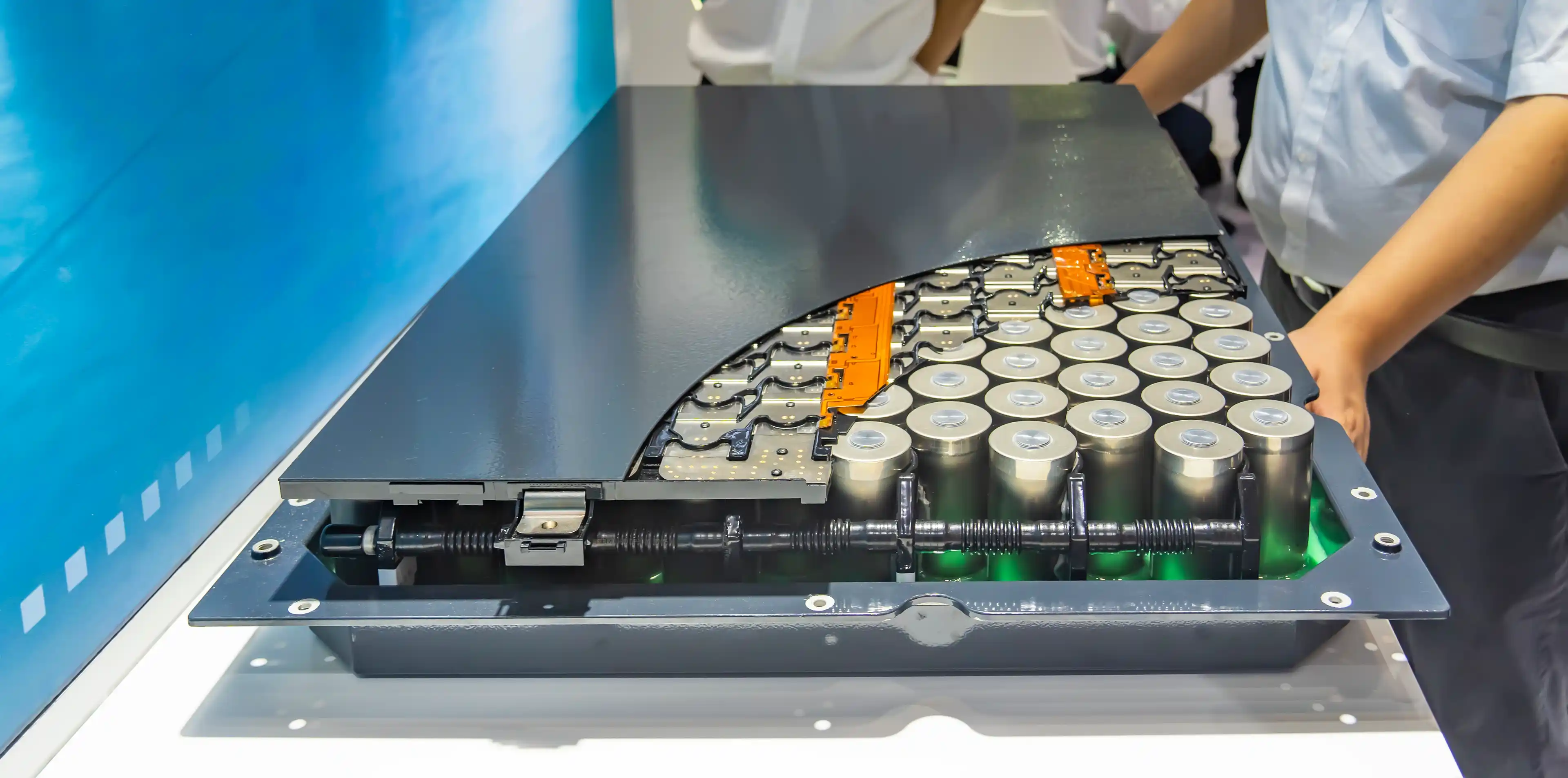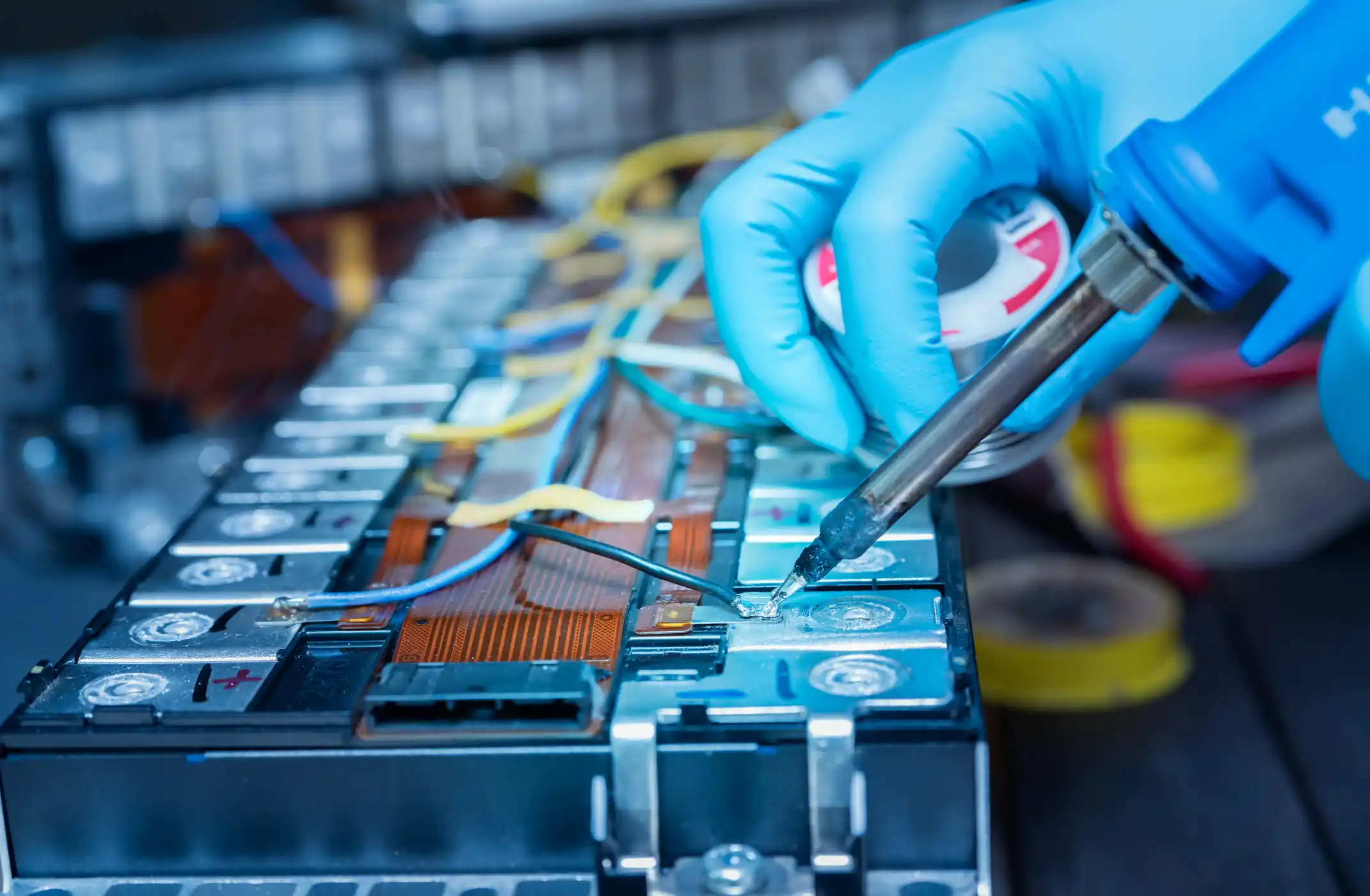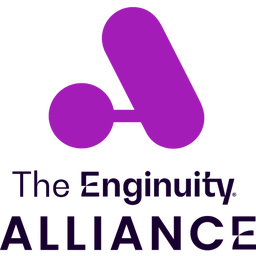UKBIC and EAL partnership pushes the boundaries of battery production
Published on: 13 Aug 2025

Earlier this summer, EAL launched a brand new qualification to help meet the UK’s growing demand for skilled workers in battery manufacturing and electric vehicle (EV) production.
Together with the UK Battery Industrialisation Centre (UKBIC) in Coventry, EAL wants to support thousands of workers as they look to upskill into the many thousands of roles set to be created within the fast-growing battery production centre.
Batteries are one of the “Frontier Industries” named within the Advanced Manufacturing sector being backed by the UK government as part of its Industrial Strategy. The government views Batteries as having great growth potential – as demand around the world for sustainable power sources increases, the goal is for the UK to go all in on battery production, investing in more efficient energy storage and production to cut carbon emissions as well as costs.
The policy paper outlines government’s ambition by 2035 – to take annual business investment in Advanced Manufacturing from £21bn to £39bn, driving growth across the economy. This process is set to begin with an investment of up to £4.3bn in funding for the Advanced Manufacturing sector.
The way things are heading, improvements in battery technology will power everything from EVs to farming and food. And as energy production and storage improves, we’ll rely less on the more harmful things like fossil fuels.
In recent years the UK has moved to strengthen supply chains and invested in minerals processing, to ensure we’re in a competitive position to ramp up our battery production. The Joint Statement of Intent between Australia and the United Kingdom on collaboration on critical minerals was published in April 2023, while a new Critical Minerals Strategy is expected later this year.
According to Zapmap’s data on electric vehicle registrations, there are more than one and a half million EVs on UK roads (May 2025) – around 4.5% of all car registrations, and a three-fold increase on 2021. At this stunning rate of growth, we can expect even more electric vehicles in driveways up and down the nation over the coming years. The UK’s work to date on setting up supply chains for advanced manufacturing puts us in a great place to compete with producers around Europe, creating enough batteries to power the EV revolution.
The gigafactory gig
The European Commission gave Spain more than €800 million in 2023 to kick-start its battery production industry. They're building gigafactories for EV battery production in Valencia and Cáceres to support the project, in league with major manufacturers like Volkswagen (VW) Group and AESC, partners of Nissan.
Germany, Hungary and France are demonstrating enormous appetite for the EV battery boom. In Germany, seven locations are open or under construction already – including a Tesla location near Berlin.
In the UK, AESC has secured £1 billion from state bodies to build a second gigafactory in Sunderland, while Tata’s battery business Agratas is set to invest £4 billion to build a 40 GWh gigafactory in Somerset. Tata Motors and Tata-owned Jaguar Land Rover will be among its first customers.
With these ambitious plans comes the need for equally ambitious workforce upskilling. The Faraday Institution published their 2024 UK Gigafactory outlook, to see where the industry is heading over the next 15 years, and the race is on.

By 2040, the UK’s EV and battery industry will support over a quarter of a million jobs. Along the way, there’ll be an expected six new gigafactories by 2030 – these take a minimum 18 months to build, and a further 15 months to reach their full production capability.
All of which means there isn’t a second to lose – and together, UKBIC and EAL are tackling that problem to deliver a massive technical skills breakthrough for the UK.
A powerful partner
UKBIC has answered the call of Innovate UK’s Faraday Battery Challenge (FBC), whose aim is to grow innovation within production and supply chains for the battery industry.
The FBC is supporting the sector by investing in the companies that can make an impact. As well as the funding from the FBC, the original setup of UKBIC was part-funded through the West Midlands Combined Authority.
The 20,000m2 battery product development facility just outside Coventry was opened by then-PM Boris Johnson in 2021. UKBIC supports manufacturers and researchers as they seek the breakthrough that will catapult the UK to the top of the EV-powering pile. Here in the West Midlands, leading brands in automotive and transport, as well as mobile and computing, develop blueprints for new manufacturing processes and carry out prototyping of components at scale.
EAL is playing our part in this project by rolling out the Level 2 Award in Introduction to Battery Manufacturing and Working with Batteries. This qualification teaches learners the big picture of battery production, as well as the essentials for the safe manufacturing, assembly and use of batteries.
Further Level 3 battery qualifications are currently in development alongside UKBIC, which should be available for delivery in early 2026. Together with UKBIC we’re transforming the battery manufacturing industry here in the UK, and giving workers the skills they need to play a part in one of the fastest-growing industries.
Stay tuned to find out more about how we’re helping the manufacturing and engineering sector on the road to Net Zero. And to learn more about our Batteries qualifications, contact the Customer Experience team.
Contact usMore news articles
Subscribe to our free newsletter
Get the latest news about EAL’s qualifications, assessments and skills solutions, plus important centre service and support updates.
Your work email*




